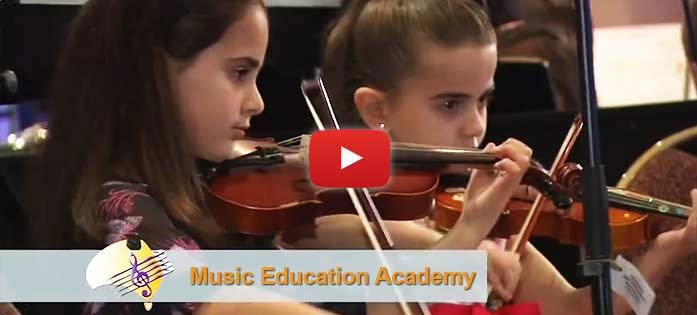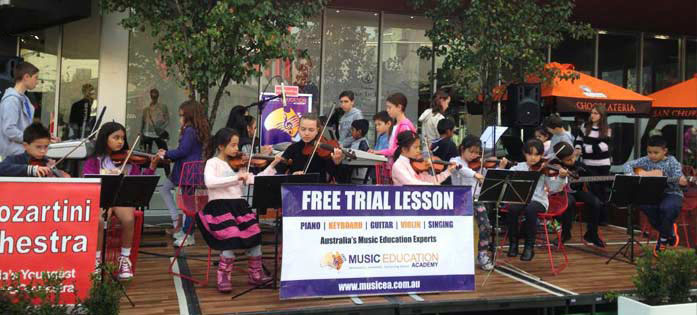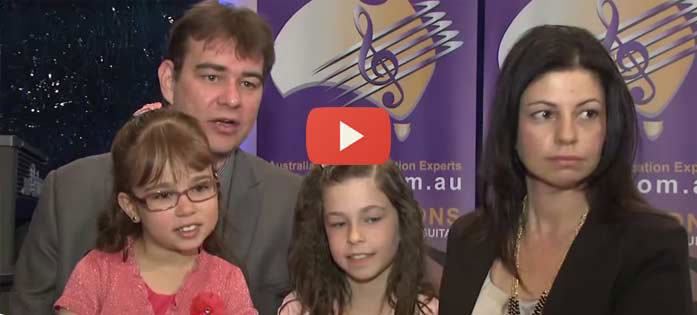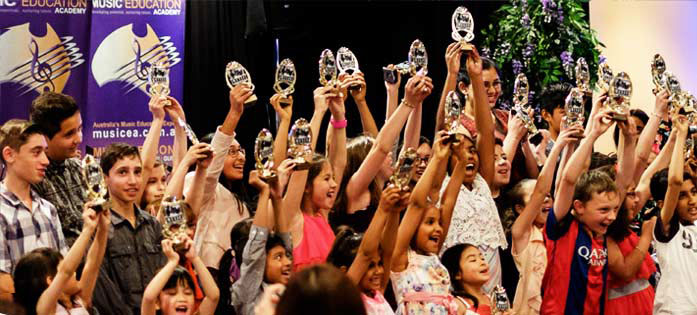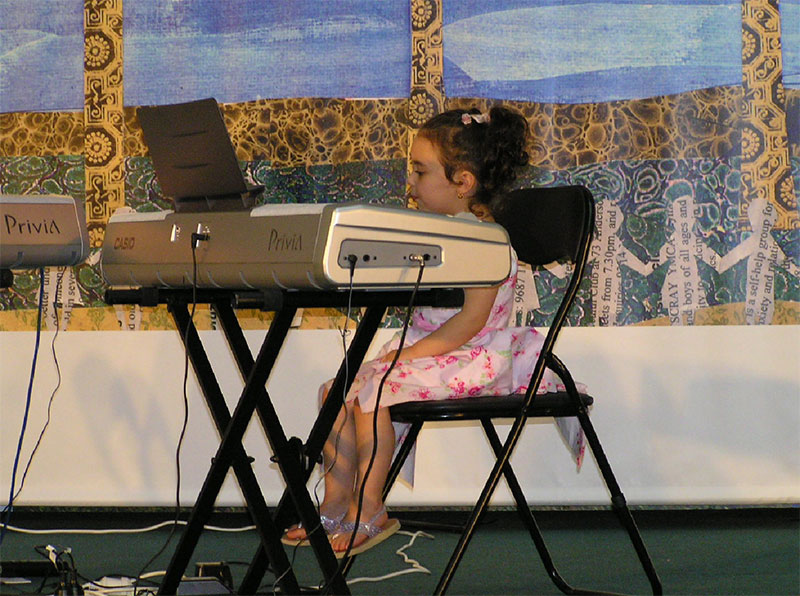
The Australian Keyboard Academy participated in the annual Community Festival held at Highpoint Shopping Centre from the 19-23 of March. The AKA participated in 30 minute public performance-demonstration on Centre Stage.
Congratulations to Luke Mascarenhas, Rachanna Pillay, Shinead Borkovic, Rebecca Galea, and Annalisa Fernandez on their fantastic performance at Highpoint SC on the 23rd of March 2007.

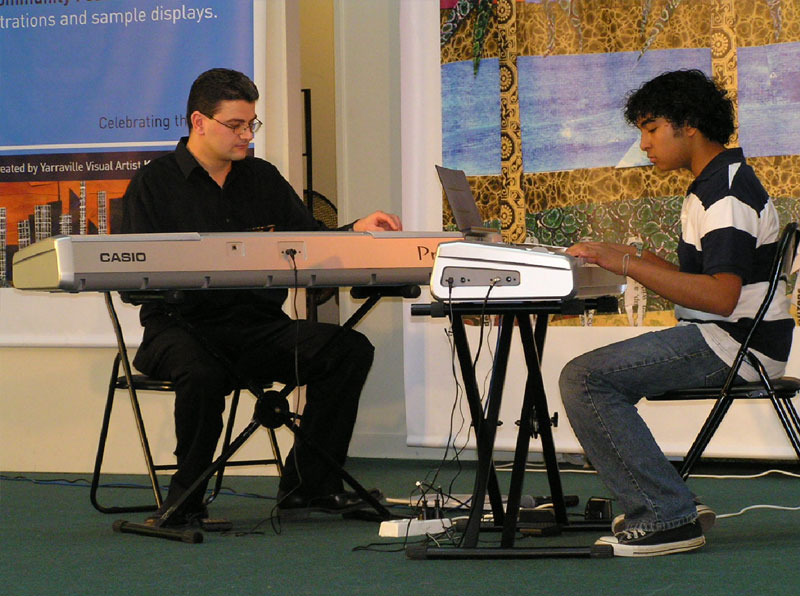
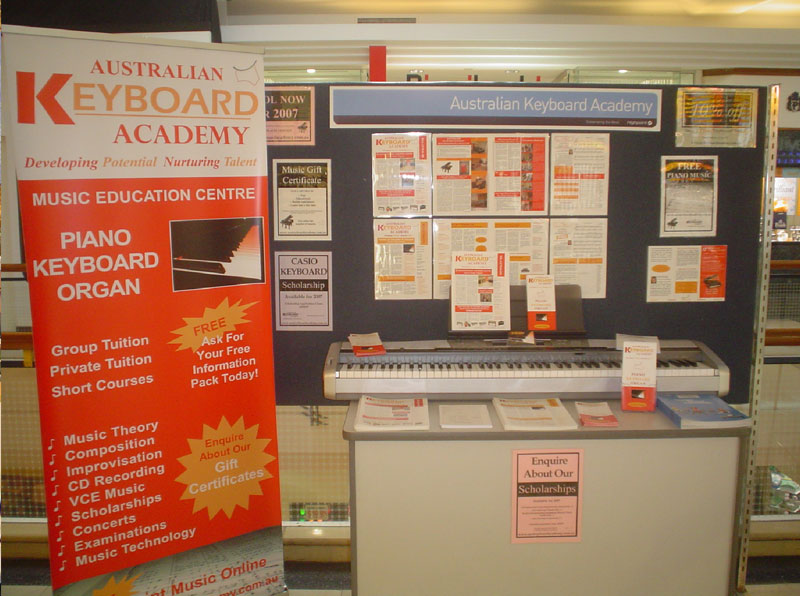
Highpoint Display
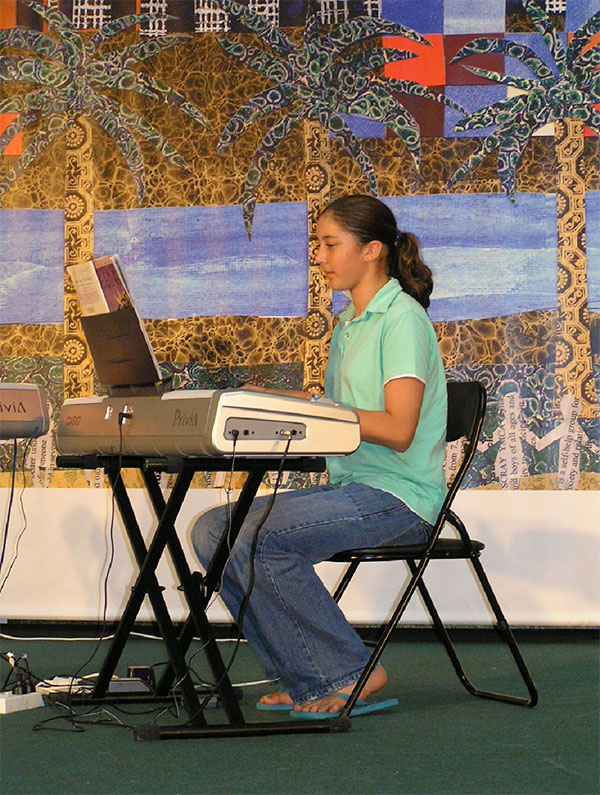
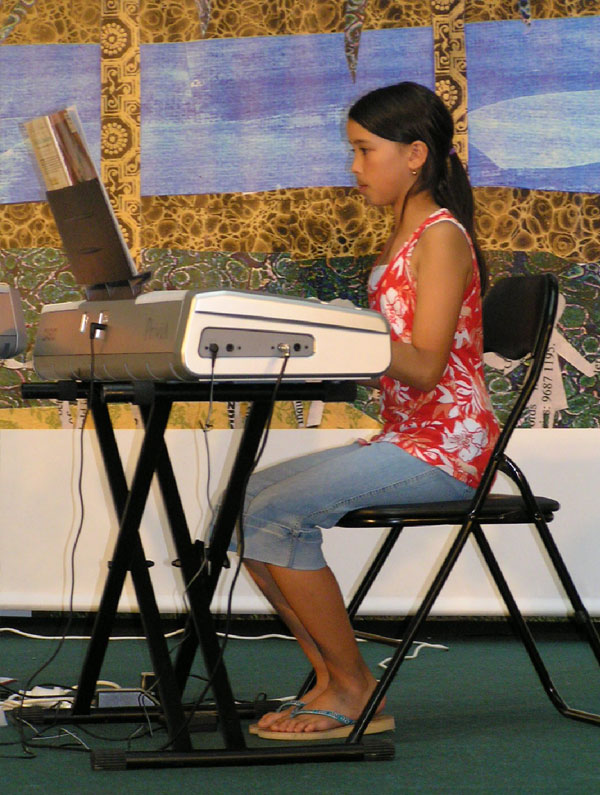
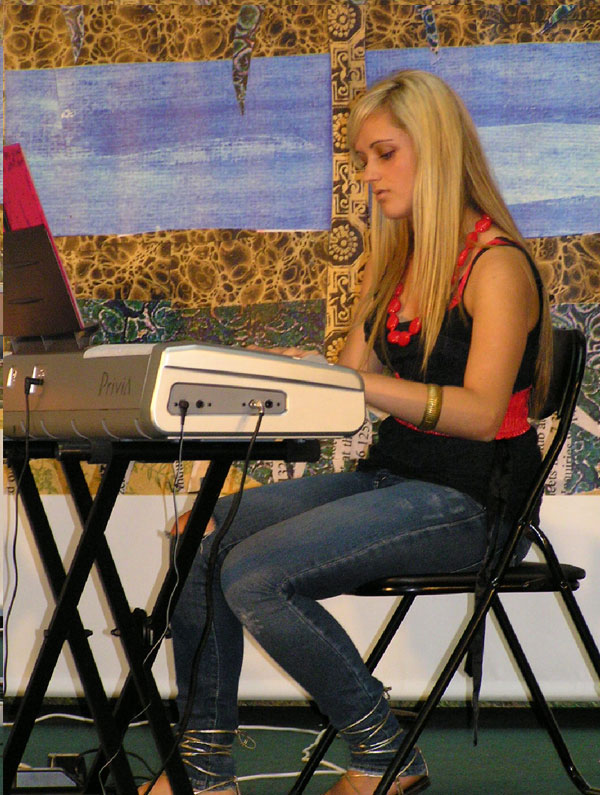
2007 SCHOLARSHIP RECIPIENTS
The AKA and Casio are proud to be supporting keyboard music education in Melbourne’s West.
Casio Keyboard Scholarship Recipient for 2007 – Melissa Bodilly.
Australian Keyboard Academy Scholarship Recipients for 2007 – Allan Joseph & Liam Merciera.
Applications for 2008 Keyboard Scholarships close 30th November 2007. For more information contact our office on (03) 9310 9532 or visit our website.

Melissa Bodilly recipient of the Casio Keyboard Scholarship for 2007 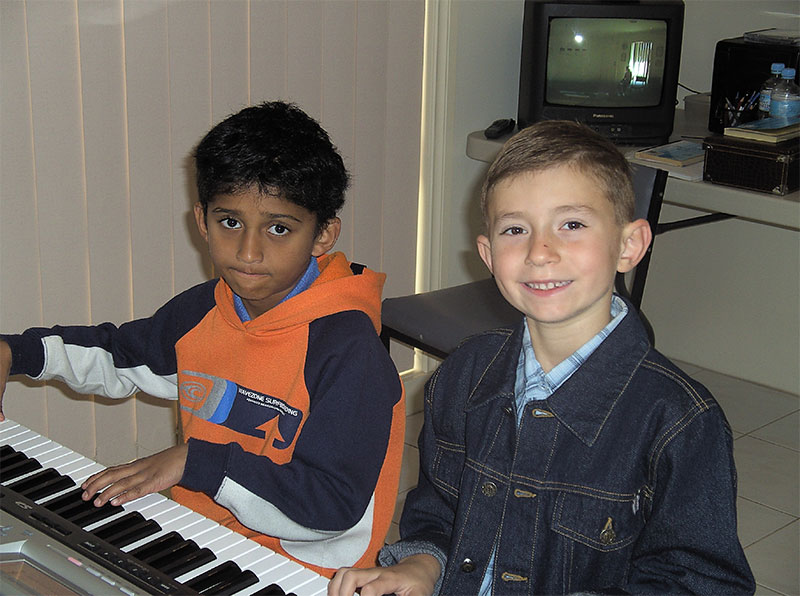
Liam Merciera (right) and Allan Joseph (left) recipients of the Australian Keyboard Academy Scholarship for 2007
How Much Music Practice is Enough?
A number of factors can determine how much practice is required when learning to play a musical instrument, such as: age, development, home environment, time management skills and extra curriculum activities. In some cases music is just one of many extra activities children fit into an already over crowded week.
Learning to play a musical instrument requires a lifetime of dedication and hard work. In order for children to benefit from music tuition there must be a commitment to practice daily. It is also vital that parents are involved with their child’s music practice. Learning to play a musical instrument is similar to learning to read English, children require support and guidance.
The table below provides parents, teachers and students with a guide as to an acceptable amount of daily practice. The equation for determining how much practice a beginner student should commit to is by multiplying their age by 2. When students are preparing for Preliminary to Grade 2 music examinations, to multiply their age by 2 and then 2 again. When students are preparing for music examinations Grade 3 or higher to multiply their age by 2 and then by the number of the grade they are preparing for. The table may assist to take the mystery out of practice and should be followed only as a guide. Teachers must be aware that every child is unique and may require different learning styles and teaching approaches.
| AGE Years | BEGINNER (Age x 2) Minutes | AMEB P-1-2 Preliminary Grade 1 & 2 (Age x 2 x 2) Minutes | AMEB 3 Grade 3 (Age x 2 x 3) Minutes |
| 5 | 10 | N/A | N/A |
| 8 | 16 | 32 | 48 |
| 10 | 20 | 40 | 60 |
| 12 | 24 | 48 | 72 |
| 15 | 30 | 60 | 90 |
| 18 | 36 | 72 | 108 |
Table: Practice Guide For Music Students.
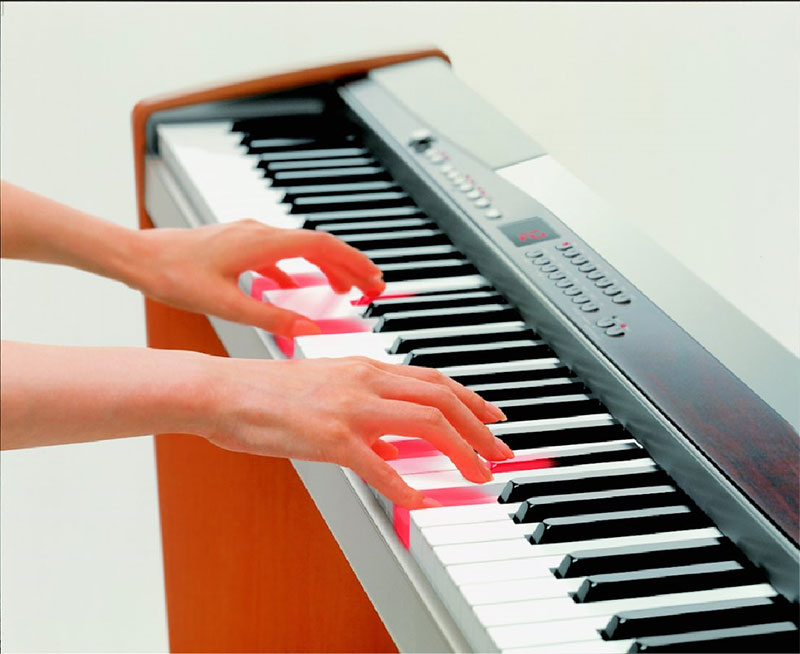
Top Ten Tips to encourage your child to do their music practice
1. It can take time for primary aged children to fully understand the nature of private individual practice. Learning to play a musical instrument takes discipline and can be an isolating experience. It is therefore, important to assist children in the early stages of practice to develop positive practice habits with rewarding outcomes.
2. Establish a daily practice schedule.
3. Be involved with your child’s music practice.
4. Take your child to see music concerts.
5. Watch DVD’s of outstanding musicians.
6. Play CD’s of classical music in the home.
7. Buy a new music book.
8. Create a reward chart that encourages practice.
9. Give praise and ask your child to explain how they play music. Have an active interest.
10. Have your child play music with other children that are learning to play music. Even organise family concerts in the home.
